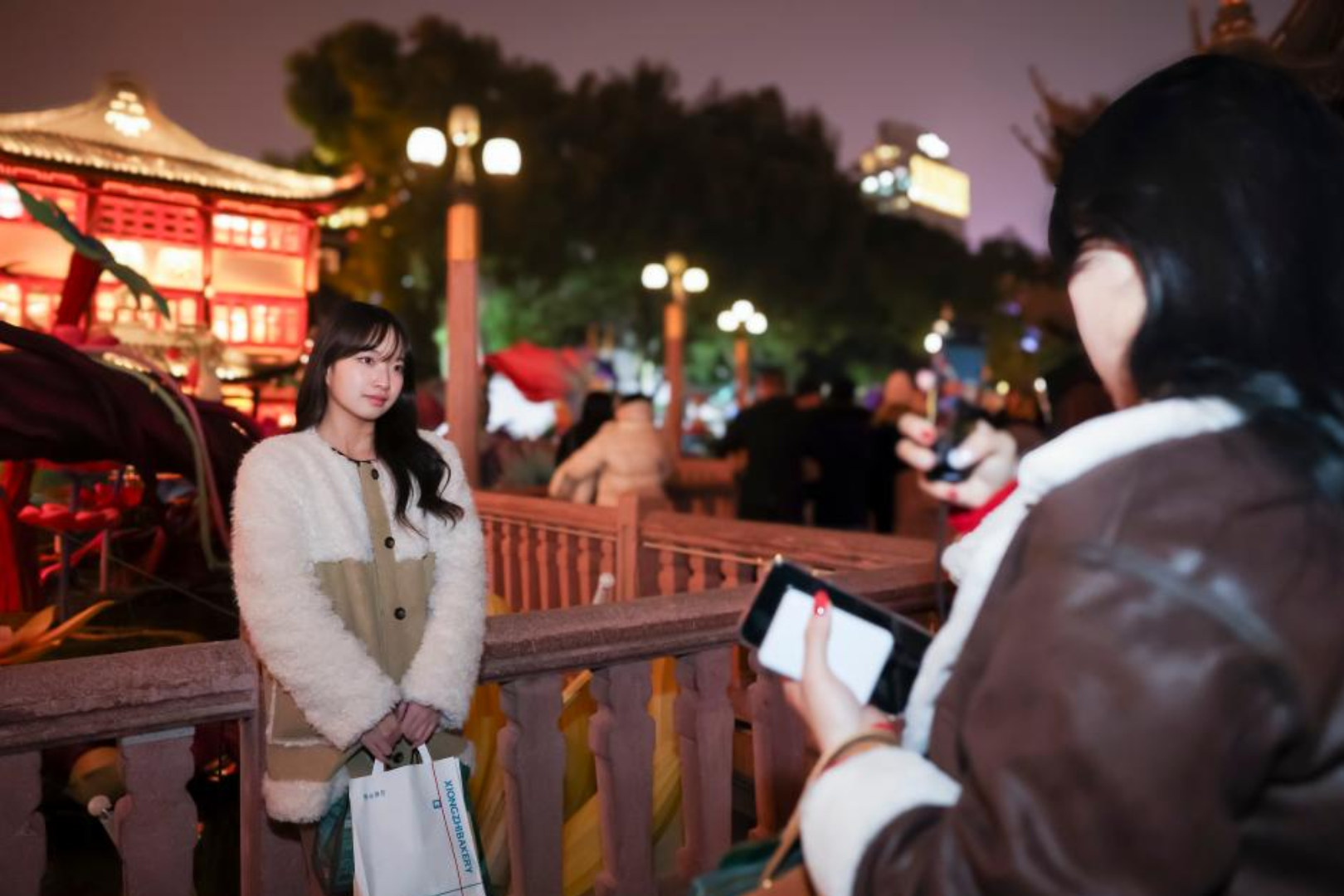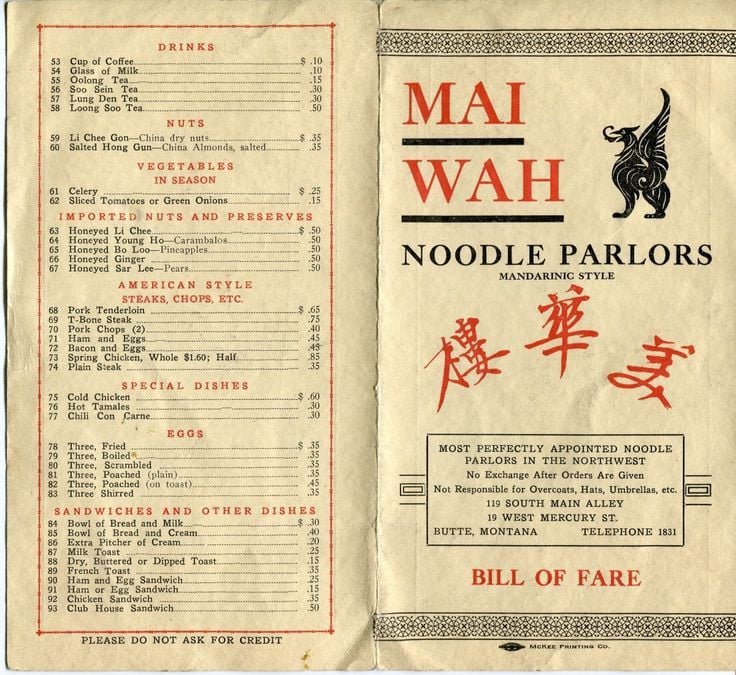In a country that still has a reputation — albeit an increasingly inaccurate one — for rampant rip-offs and copious copycatting, winning business formulas can often be closely guarded secrets. Having left her job with consultancy firm McKinsey nearly two decades ago to found WildChina — and having since turned it into an established travel provider — Zhang Mei‘s next move is therefore an eyebrow-raising one: she’s elected to give away the secrets of her success.
In September last year, Zhang launched the WildChina Academy. Its mission is to “create a community for people who love innovation in the travel world,” in Zhang’s words. But she admits that when it comes down to it, she’s essentially giving those who sign up the nuts and bolts of how she built WildChina into what it is now.
“People ask me, ‘Why would you want to share your business secrets?’” she says with a smile when we meet in Shanghai to discuss the project. “‘Why would you want to cultivate your competitors?’ Well, you’ve got to believe that you’ve established a certain market presence to have the confidence to do that; the market is big enough and you should have the confidence that there are so many variables that make you you, that you don’t have to worry about that.”
But beyond this self-confidence, a key factor for Zhang is the building of a community around what she terms an “organic travel” approach.
“We’re doing things with a lot of personal care, we’re applying fertilizer to the product. It’s hard enough as it is, but if we stay as little farmers around the country, around the world, and don’t exchange techniques and work together, we’ll be small forever. So I want to create an ecosystem to allow all of the small players to be a part of it.”
To this end, Zhang began last year by offering a series of online courses for 30 students at a time, along with offline small group trips. The aim with both is to look at what building an “organic travel” business really means. “Lots of people want to quit their jobs and become a travel designer; but before they make the jump I want to show them, ‘hey you probably want to know what this jump involves,’” says Zhang.
Through the courses students get to understand, “What the job involves, what does it take to succeed, what’s the industry outlook for this kind of job, and then I tell you how to create the product and how you sell the product to clients,” says Zhang. “Basically I share my experience of starting WildChina.”

A WildChina Academy session
The hope is that by sharing her knowledge, sustainable travel ideas can spread across China. “The travel industry itself is almost an enemy to the beauty of travel” says Zhang. “Whenever any beautiful travel experience exists, when the industry moves in it’s like locusts coming to town and it wipes out the beauty of it. So why is that? The travel industry always talks about volume, everything must have volume in order to make money — and yet the beauty of travel does not involve volume. It’s the opposite.
Why can’t the ecosystem exist for a travel experience that is in-depth and meaningful without necessarily focusing on volume? The industry is scaling up; just like in a McDonald’s, when you control every step then you can reduce cost, you can standardize procedure. But precisely because you control all the variables, the serendipity of travel disappears.
The Academy was therefore formed to “do something to foster the growth of the beauty of what I would call ‘organic travel experiences,’” says Zhang. “These usually involve very creative travel solutions; probably the providers are not at an industrial scale, they’re mostly individuals who truly love what they do, truly want to share what they have with the traveler. Can I do something to help this group to grow? And by grouping all these people together, can I create an operational volume that enables them to create individual travel experiences but still make a business out of it?”
The classes have been consistently full, “which told me the desire for this knowledge share is there,” says Zhang. The demand has been such that the courses will now be shared as a downloadable audio program, while Zhang is also looking at involving other key figures from across the sustainable travel industry.
 “The speed of the engine spinning”: WildChina Founder Zhang Mei on China’s Shifting Tourist LandscapeArticle Sep 13, 2017
“The speed of the engine spinning”: WildChina Founder Zhang Mei on China’s Shifting Tourist LandscapeArticle Sep 13, 2017
It’s an outlook that links back to the principles that drove Zhang to found WildChina 18 years ago. As a consultant for McKinsey in the late ’90s, Zhang was part of a team who recommended to the local government that Yunnan should be kept as a “pristine” enclave where its natural habitat and culture was carefully preserved. The response was that such an approach would be “too slow and too hard”, a reply that prompted Zhang to quit her job and create WildChina.
Originally from Yunnan herself, Zhang’s passion for the region and its people still burns brightly. When I mention that I spent two weeks this time last year driving around the province and visiting many of the places and faces written about in her book Travels Through Dali: With a Leg of Ham, our conversation heads off on a colorful tangent about Yunnanese hams, cheeses, and the people who sell them.

Her enthusiasm is infectious, at least to me. But Zhang tells me that when she presented local authorities in Dali with a copy of the book, they couldn’t understand its appeal. “But you’ve only shown the backward part of Dali, not the developing Dali,” was the reaction she says, before they showed her a book full of images of wind farms, steel mills, and new developments aimed at attracting more investment to the area.
“I can’t say it’s not been successful, it’s just successful by a different measure,” says Zhang of such an approach. “We’re from the same piece of land, a similar age, but we took a different path.” And now with the WildChina Academy, the hope is that more travel entrepreneurs across the country can be encouraged to follow this different path.
Photos courtesy of WildChina.
You might also like:
 Why are international travelers turning away from China?Article Aug 10, 2017
Why are international travelers turning away from China?Article Aug 10, 2017
 Wǒ Men Podcast: Travel in New StyleArticle Sep 22, 2017
Wǒ Men Podcast: Travel in New StyleArticle Sep 22, 2017
 Beijing-Born Designer Zhang Na Tackles Fashion Waste with StyleArticle Apr 05, 2018
Beijing-Born Designer Zhang Na Tackles Fashion Waste with StyleArticle Apr 05, 2018
















